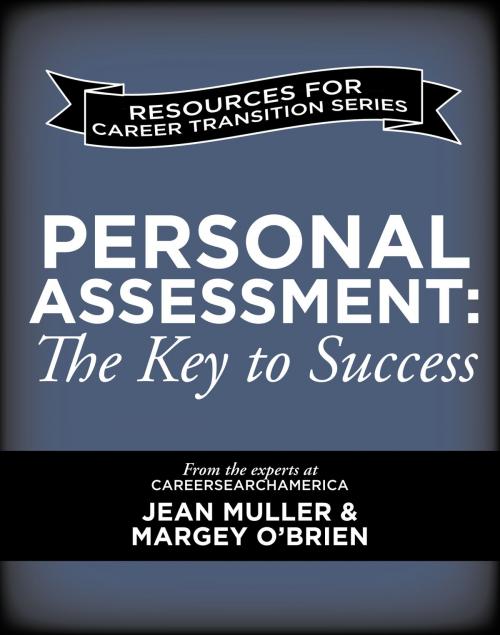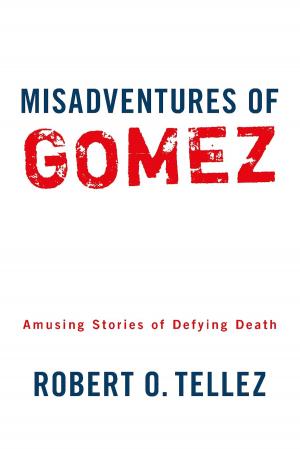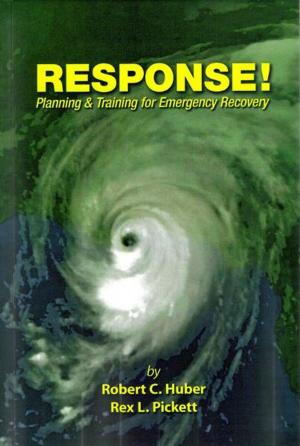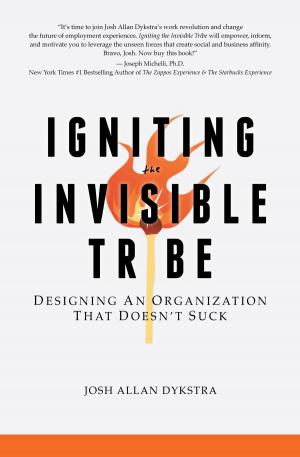Personal Assessment: The Key to Success for Military to Civilian Career Transitions
Business & Finance, Career Planning & Job Hunting, Careers| Author: | Jean Muller, Margey O'Brien | ISBN: | 9781623099176 |
| Publisher: | BookBaby | Publication: | September 10, 2012 |
| Imprint: | Language: | English |
| Author: | Jean Muller, Margey O'Brien |
| ISBN: | 9781623099176 |
| Publisher: | BookBaby |
| Publication: | September 10, 2012 |
| Imprint: | |
| Language: | English |
Career success is an "inside-out" process. This is true if you’re just starting out or if you are a senior executive looking for new opportunities. It is especially true with the transition from a military career to work in the civilian world. Sadly, this all important initial phase of the career transition process is very often overlooked or done in a cursory, half-hearted manner. The good news is that if you dedicate yourself to a careful self-assessment before you launch your next job search, you will find yourself in an elite group of professionals who know what they want, know what they have to offer, and know where their careers are taking them. Choosing a career that is both personally and financially rewarding depends on successfully completing a series of logical steps, which define the "inside-out" approach. These steps help you identify your: • Values • Personality type • Work preferences, and • "Motivated skills." Values guide your choices. The clearer you are about what your commitments and core beliefs, the more effective your decision-making becomes. Knowing your personality type has two important benefits. First, it will help you understand recurring patterns and preferences in your life. For example, knowing your personality type helps you understand why you naturally excel in some situations and struggle in others. Second, an understanding of the variety of personality types helps you understand and work effectively with others whose types differ from your own. Knowing your work preferences is a key ingredient to choosing a career in an area that you find enjoyable and stimulating…and avoiding others where you are more likely to become bored, dissatisfied, or stressed. A “motivated skill” is one that you do well and enjoy using. The extent to which you use your motivated skills in any career determines the degree of satisfaction and success you are likely to achieve. Success in any field is difficult, but if you are able to do work that brings you enjoyment and fulfillment, you are more than halfway there. These are the four elements of personal assessment. When you know these, you will know which careers to focus on and which to avoid. This knowledge helps you focus your research and develop an effective job search strategy. Just as important, knowing yourself in this way, contributes greatly to your self-confidence and "posture" as you networking and meet with prospective employers. Personal assessment is the master key to career success.
Career success is an "inside-out" process. This is true if you’re just starting out or if you are a senior executive looking for new opportunities. It is especially true with the transition from a military career to work in the civilian world. Sadly, this all important initial phase of the career transition process is very often overlooked or done in a cursory, half-hearted manner. The good news is that if you dedicate yourself to a careful self-assessment before you launch your next job search, you will find yourself in an elite group of professionals who know what they want, know what they have to offer, and know where their careers are taking them. Choosing a career that is both personally and financially rewarding depends on successfully completing a series of logical steps, which define the "inside-out" approach. These steps help you identify your: • Values • Personality type • Work preferences, and • "Motivated skills." Values guide your choices. The clearer you are about what your commitments and core beliefs, the more effective your decision-making becomes. Knowing your personality type has two important benefits. First, it will help you understand recurring patterns and preferences in your life. For example, knowing your personality type helps you understand why you naturally excel in some situations and struggle in others. Second, an understanding of the variety of personality types helps you understand and work effectively with others whose types differ from your own. Knowing your work preferences is a key ingredient to choosing a career in an area that you find enjoyable and stimulating…and avoiding others where you are more likely to become bored, dissatisfied, or stressed. A “motivated skill” is one that you do well and enjoy using. The extent to which you use your motivated skills in any career determines the degree of satisfaction and success you are likely to achieve. Success in any field is difficult, but if you are able to do work that brings you enjoyment and fulfillment, you are more than halfway there. These are the four elements of personal assessment. When you know these, you will know which careers to focus on and which to avoid. This knowledge helps you focus your research and develop an effective job search strategy. Just as important, knowing yourself in this way, contributes greatly to your self-confidence and "posture" as you networking and meet with prospective employers. Personal assessment is the master key to career success.















